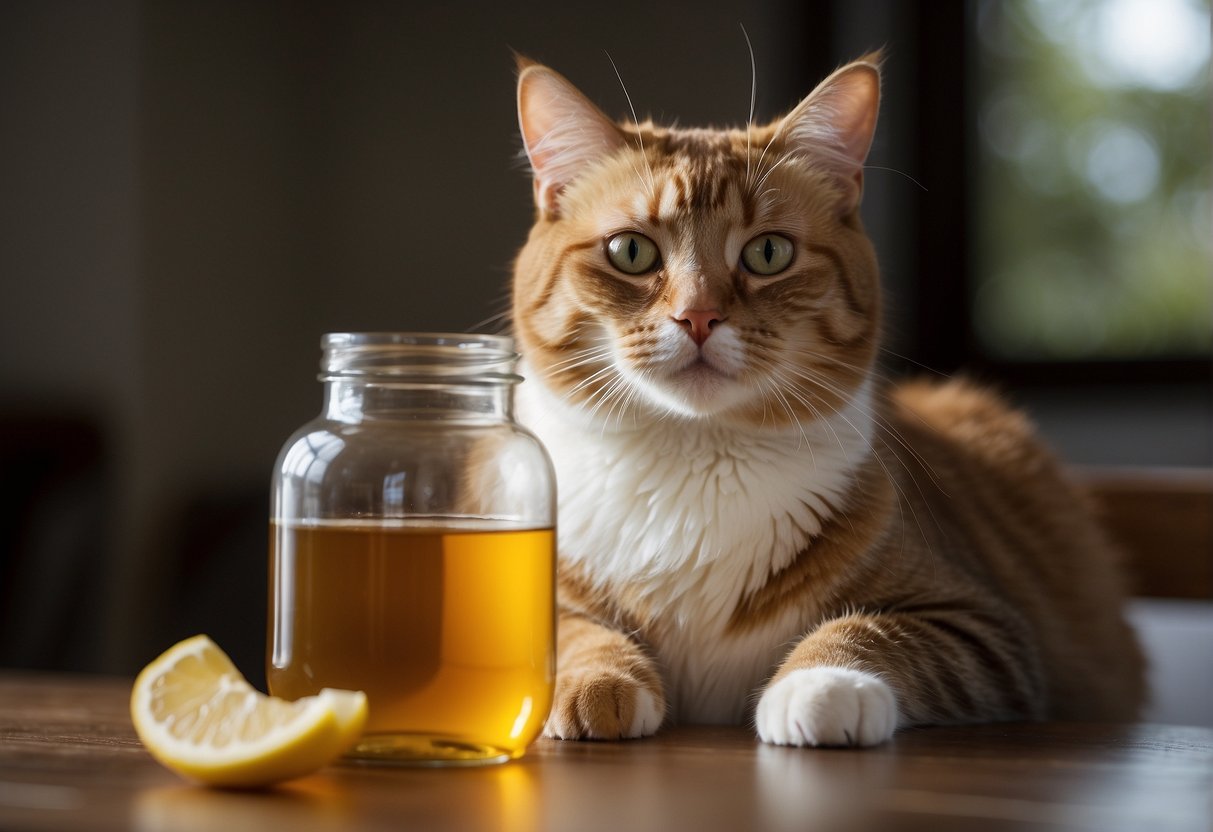Cats can eat honey, but it should be offered in very small amounts as an occasional treat, not as a regular part of their diet. A tiny dab of honey can sometimes be used as a sweet reward or to entice a finicky cat to eat their medication. However, make sure to be cautious.
Just like us, our feline friends can have a sweet tooth, but their bodies aren’t designed to handle sugary treats the same way ours can. Too much sugar can lead to obesity and diabetes in cats, so moderation is key.
While honey isn’t toxic to cats, it doesn’t offer them any significant nutritional benefits. Cats are obligate carnivores, which means their diet should be primarily composed of meat. Their digestive systems aren’t meant to process high-sugar foods like honey, and consuming it could result in an upset stomach.
If you do choose to give your cat a lick of honey, opt for pure, raw Manuka honey. This type is known for its antibacterial properties, which some suggest could potentially offer minor health benefits.

Health Benefits and Risks of Honey for Cats
When considering whether to introduce honey to your cat’s diet, it’s essential to weigh the potential health benefits against the risks.
Honey is not a necessity in your cat’s diet, but it can have certain positive effects if used properly. It’s also important to recognize the possible side effects and health issues that could arise from its consumption.
Safe Consumption of Honey
Moderation is key when feeding your cat honey. For your cat, safe consumption means no more than half a teaspoon of raw, locally-sourced honey per day. Always consult with your veterinarian before offering honey as a treat, and make sure honey does not replace any part of their regular, balanced diet.
Possible Health Benefits
Honey may offer some health benefits to cats due to its antioxidants and antibacterial properties. Antioxidants can help in fighting free radicals, while antibacterial components might aid in reducing bacterial growth. Some owners also use it topically for its anti-inflammatory properties to help reduce swelling.

Risks and Side Effects
Despite the potential benefits, honey comes with considerable risks:
- Sugar Content: High sugar levels can lead to obesity or diabetes.
- Toxicity: Raw honey can contain botulism spores, which can be toxic to cats.
- Allergies: If your cat has a sensitivity to pollen, honey can trigger an allergic reaction.
- Dental Problems: Tooth decay can occur due to the sticky nature of honey.
- Digestive Issues: Cats have sensitive stomachs, and honey might cause an upset stomach or other digestive discomforts.
Feeding Honey to Cats: Best Practices
When considering honey for your feline friend, knowing the best practices ensures their safety and health. Honey isn’t a staple cat food but can be given carefully.
How Much Honey is Safe?
It’s essential to give honey to cats in very small amounts. Typically, a pea-sized dollop is sufficient, ensuring you don’t upset their digestive system or contribute to weight gain. Honey is high in sugar, which cats don’t need, so moderation is key.
Honey as an Occasional Treat
Honey should only be offered as an occasional treat, not a daily supplement. Treats, in general, should make up no more than 10% of a cat’s diet. Opt for raw, organic honey to avoid additives found in processed varieties.
Alternatives to Honey
While honey can be an occasional treat, there are healthier alternatives.
Consider offering your cat small pieces of cat-safe fruits like blueberries, which are rich in antioxidants.
Always introduce new treats gradually and ensure they’re a part of a balanced diet.

My name is James, and welcome to FAQCats!
Along with our team of cat owners, expert pet enthusiasts, and pet professionals, we aim to write engaging helpful, engaging content about cats. At FAQCats we strive to provide content that’s accurate and fun to read. Our team writes about everything related to cats; even the most complex of topics. Through extensive research and caring for our own fur-pals, we’re able to provide something cat owners worldwide will love. Have a look around, and leave us feedback anytime!
